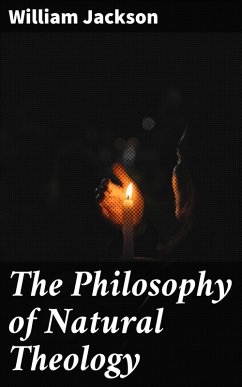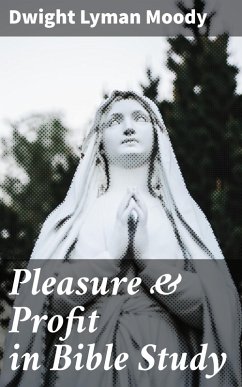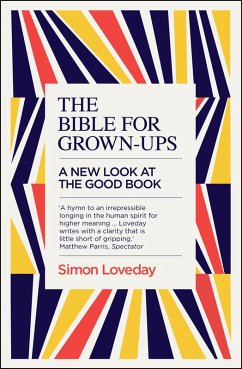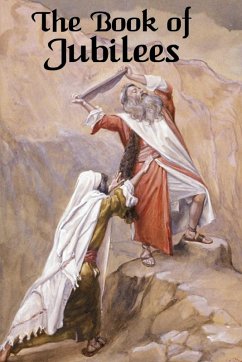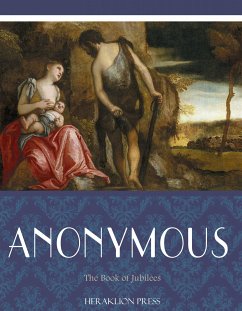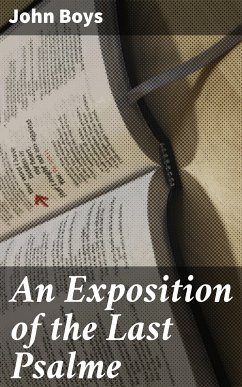
The Right and Wrong Uses of the Bible (eBook, ePUB)
Exploring the Ethical Pitfalls of Biblical Interpretation

PAYBACK Punkte
0 °P sammeln!
In "The Right and Wrong Uses of the Bible," Richard Heber Newton meticulously explores the complex relationship between scripture and its interpretation, advocating for its rightful understanding as a source of moral guidance. Through a series of eloquently crafted essays, Newton employs a reflective and didactic literary style, offering insights into the often contentious debates surrounding biblical texts. He situates his discourse within the Victorian context of religious inquiry and moral philosophy, challenging the reader to discern authentic scriptural messages amid contemporary misinter...
In "The Right and Wrong Uses of the Bible," Richard Heber Newton meticulously explores the complex relationship between scripture and its interpretation, advocating for its rightful understanding as a source of moral guidance. Through a series of eloquently crafted essays, Newton employs a reflective and didactic literary style, offering insights into the often contentious debates surrounding biblical texts. He situates his discourse within the Victorian context of religious inquiry and moral philosophy, challenging the reader to discern authentic scriptural messages amid contemporary misinterpretations that arise from dogmatism and oversimplification. Newton, a prominent clergyman and an influential figure in the 19th-century religious landscape, drew upon his extensive theological training and pastoral experience to craft this compelling work. His commitment to social justice and education infused his perspective on the Bible, prompting him to argue against the rigid applications of scripture that ignored ethical considerations in favor of literalism. This personal journey through faith and intellect serves as a foundation for Newton's critical examination of the sacred texts and their societal implications. This book is essential reading for anyone seeking to understand the nuanced interplay between scripture and ethics in both historical and contemporary contexts. Newton's thoughtful analysis serves not only as a guide for biblical literacy but also as a call to engage with scripture responsibly. It encourages readers to reflect upon their own interpretive practices, making it a fundamental addition to the library of theologians, scholars, and laypersons alike.
Dieser Download kann aus rechtlichen Gründen nur mit Rechnungsadresse in A, B, BG, CY, CZ, D, DK, EW, E, FIN, F, GR, H, IRL, I, LT, L, LR, M, NL, PL, P, R, S, SLO, SK ausgeliefert werden.





